Faculty Handbook and Policies
Introduction
Southern Technical University, referred to as STU, was formerly the Institute of Lavonnes founded in Colorado Springs in 1972. It is a well-known private institution of higher learning in Colorado. In 2023, it was approved by the Colorado Secretary of State. Based on the Institute of Lavonnes and Denver Technical College, it merged with Delaney Technical Academy to establish a college featuring optoelectronic technology, focusing on engineering, science, liberal arts, economics, management, The coordinated development of law and art disciplines provides an innovative, research-oriented, non-profit comprehensive university that integrates international exchanges, cultural exchanges, scientific research and teaching. At the same time, STU related courses have been certified and recognized by internationally renowned authoritative organizations.
The governance of Southern Technical University is a collegial undertaking that involves cooperation among the faculty, the administration, and the Board of Trustees. Although the Charter of 1972, the College’s fundamental governance document, vests all authority in the Board, the primary responsibilities for assuring that the College fulfills its mission are distributed, as appropriate, among several constituencies. The College Bylaws, Article VII, Section 2, state that the faculty will make such rules of procedure and provide for such committees as may be needed to carry out its responsibilities. Article VII, Section 3, establishes faculty responsibility for admission requirements, degree programs, the educational work of the College and academic honors, and the power to recommend rules regulating extracurricular activities and other areas of student life, “subject to approval by the President of the College and the Board of Trustees.” This document recognizes the faculty as the chief policy making body for the academic program of the College and as the body charged with the implementation of academic policy. While the Trustees retain the power of final review and decision, and while the Charter makes clear their power to initiate, any potentially adverse use of such powers should occur only in rare and exceptional circumstances and only after consultation with the faculty. The Trustees also establish for the faculty the responsibility for making recommendations to the President and through the President to the Board of Trustees regarding faculty personnel policy, the means of protecting academic freedom and tenure, and the authority to write a constitution delineating faculty powers and responsibilities.
The Faculty Constitution, as constructed and approved by the faculty in 1995, subsequently amended, and approved by the Executive Committee of the Board of Trustees on February 23, 2003, is the basic instrument by which the faculty has set forth its intent concerning the means by which it will carry out its responsibilities. All prescriptions of the Faculty Constitution and the Faculty Handbook must be consistent with the provisions of the Charter and Bylaws of the College.
The Faculty Handbook is intended for the use and guidance of the Southern Technical University faculty those members of our community whose primary responsibilities are teaching and scholarship. It also includes broader institutional policies and practices that pertain both to faculty and to other employees, and it includes policies and practices pertinent to the work of others insofar as that work relates to the conduct of faculty business and the academic program. College employees who engage from time to time in activities related to teaching and research but whose primary responsibilities lie elsewhere are also afforded the privileges, responsibilities, and protection of academic freedom outlined in this handbook, exclusive of tenure, in the exercise of these particular activities.
Faculty members, administrators, and trustees at Southern Technical University accept and agree to follow the policies and procedures presented in the handbook.



